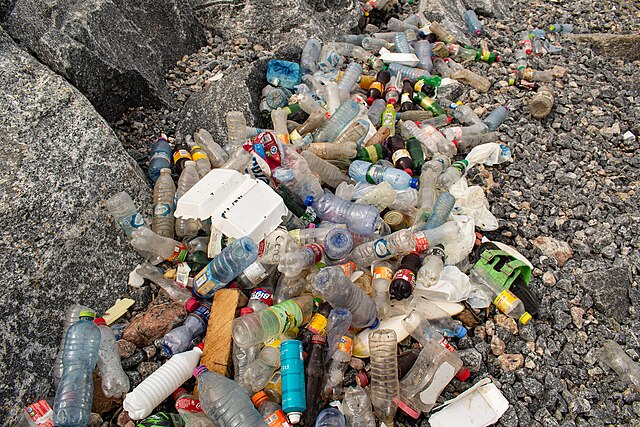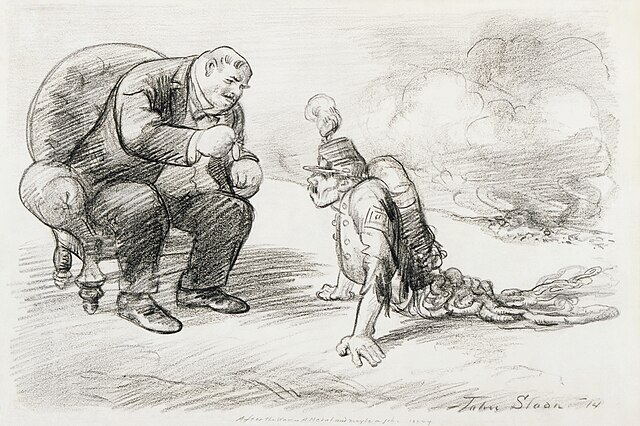
The Enchantments of Mammon: How Capitalism Became the Religion of Modernity
Eugene McCarraher / Interview
The Government of No One: The Theory and Practice of Anarchism
Ruth Kinna / Interview
A People's Guide to Capitalism: An Introduction to Marxist Economics
Hadas Thier / Interview
The End of the Megamachine: A Brief History of a Failing Civilization
Fabian Scheidler / Interview
The Hologram: Feminist, Peer-to-Peer Health for a Post-Pandemic Future
Cassie Thornton / Interview
Potential History: Unlearning Imperialism
Ariella Aïsha Azoulay / Interview
Tiny You: A Western History of the Anti-Abortion Movement
Jennifer L. Holland / Interview
Sinews of War and Trade: Shipping and Capitalism in the Arabian Peninsula
Laleh Khalili / Interview
The Feminist War on Crime: The Unexpected Role of Women's Liberation in Mass Incarceration
Aya Gruber / Interview
Stranger Danger: Family Values, Childhood, and the American Carceral State
Paul M. Renfro / Interview
Tacky's Revolt: The Story of an Atlantic Slave War
Vincent Brown / Interview
The Dawning of the Apocalypse: The Roots of Slavery, White Supremacy, Settler Colonialism, and Capitalism in the Long Sixteenth Century
Gerald Horne / Interview




